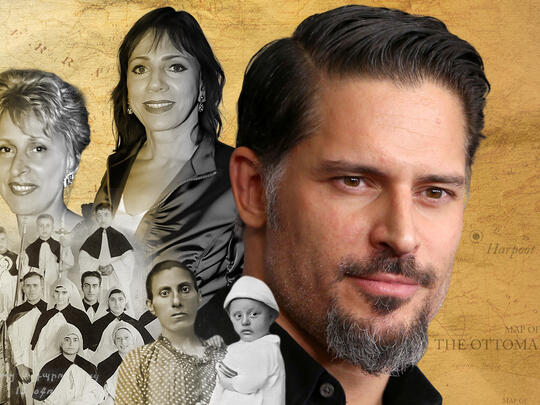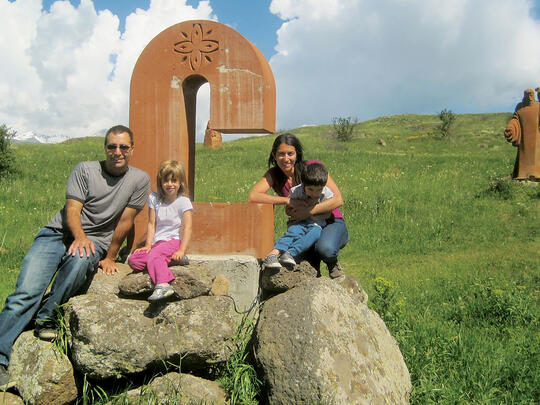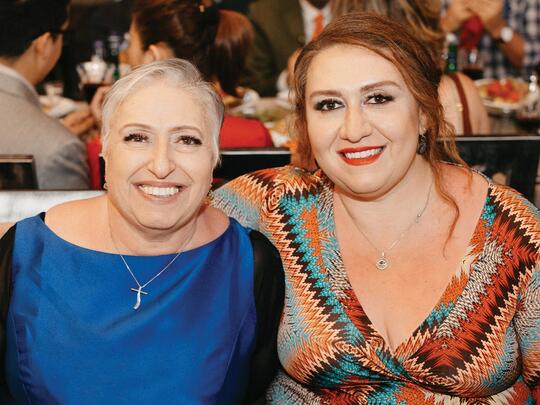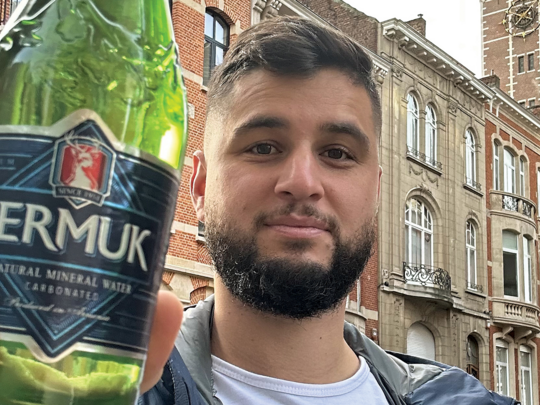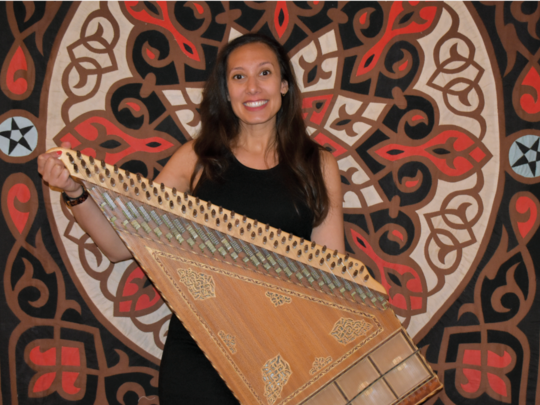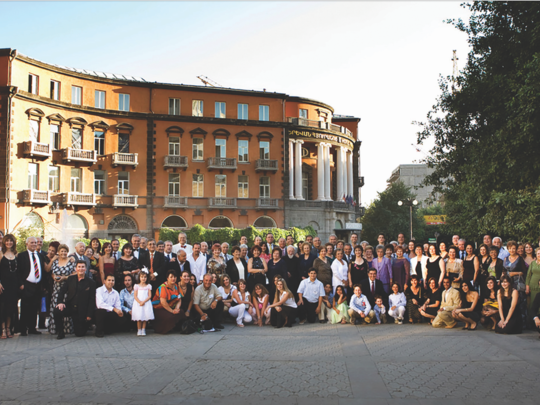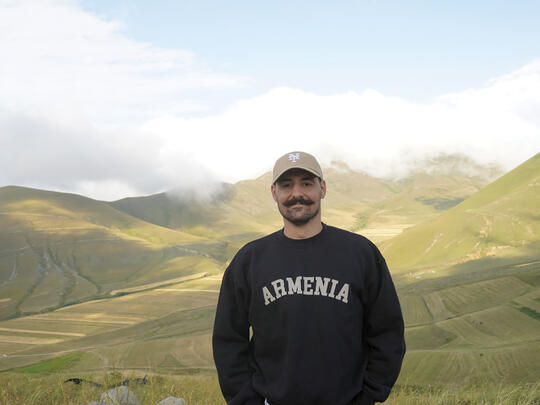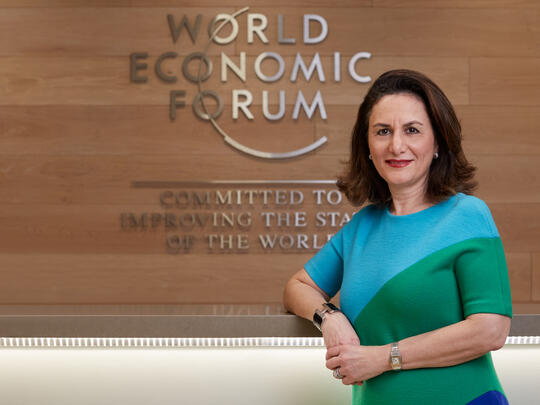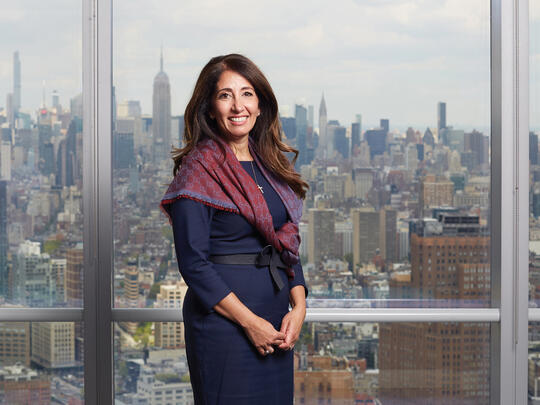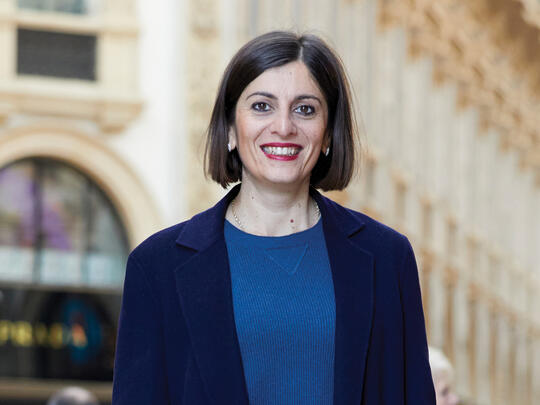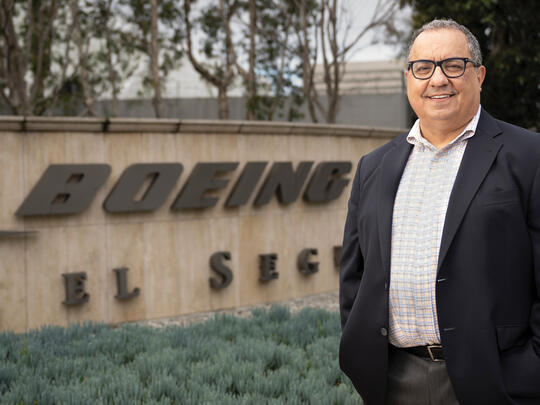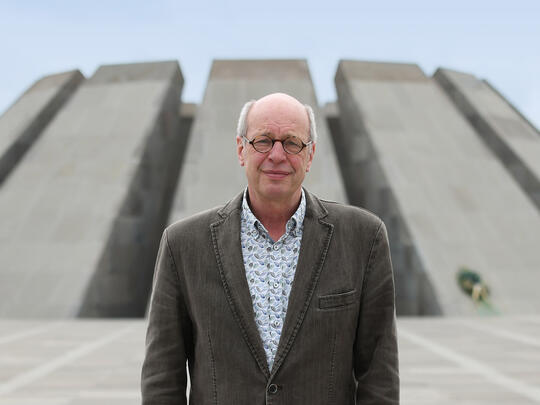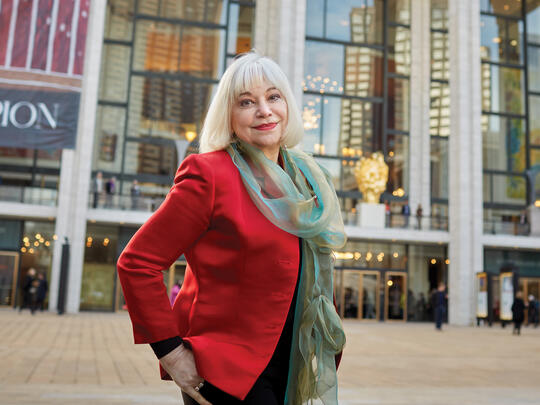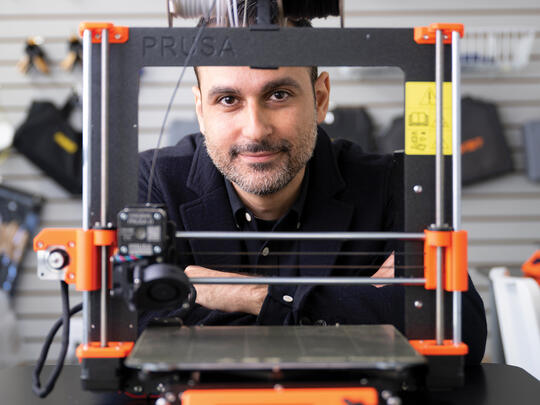
AGBU Commemorates UN Genocide Remembrance Day with International Panels on Hate Speech and Denialism
To observe the United Nation’s official International Day of Commemoration and Dignity of the Victims of the Crime of Genocide and of the Prevention of this Crime on December 9th, AGBU New England District, Nicosia, and Europe held panel discussions with academic and political experts to raise awareness of how this landmark genocide convention is combating and preventing the crime of genocide. Upholding AGBU’s mission to educate and expose the world to the unique history of the Armenian Nation, the respective events explored genocide legislation, revisionist history, and recent crimes against humanity in Rwanda, Burundi, Darfur, and other minorities around the world.
Boston, Massachusetts: “How appropriate that days after our Boston community came together with expert genocide scholars to discuss the challenge between balancing free speech and hatred that can lead to violence, the United States Senate unanimously recognized the historical truth of the Armenian Genocide and called for genocide education,” remarked AGBU New England chairperson Ara Balikian during the AGBU New England conference, organized by the AGBU New England District and National Association of Armenian Studies and Research (NAASR), moderated by Marc A. Mamigonian, Director of Academic Affairs at NAASR.
Over 40 students and members of the community gathered at Harvard University’s Boylston Hall to attend the event entitled “Incitement to Genocide, Freedom of Expression and Social Media: The Balance of the Unbalanced.”
“Social media multiplies the effect of hate speech,” lectured Dr. Ohannes Kılıçdağı, who completed his Postdoctoral Fellowship at the Center for Middle Eastern Studies at Harvard University and currently serves as the Coordinator of the Krikor Guerguerian Online Archive Project at the Strassler Center for Holocaust and Genocide Studies at Clark University.
Dr. Jermaine O. McCalpin, assistant professor and chair of the African and African American Studies Program at New Jersey City University added to that perspective saying, “Genocide always starts with hate speech and xenophobia.” As an internationally recognized expert and consultant on transitional justice, genocides and reparations, Dr. McCalpin has researched truth commissions, political accountability, and reparations for historic injustice such as slavery, Native American, and the Armenian genocide. “People have to understand that speech has consequences.”
“Hate speech liberates the desire to inflict violence,” said Dr. Henry Theriault, Associate Vice President for Academic Affairs at Worcester State University. As the founding co-editor of the peer-reviewed Genocide Studies International (International Institute for Genocide and Human Rights Studies and University of Toronto Press), Dr. Theriault also serves as the President of the International Association of Genocide Scholars. “Denial is a form of hate speech,” he stated.
Brussels, Belgium: The main theme of the Belgium conference was “negationism” or the denial or revision of history (by omitting events that have historically occurred). Over 85 people attended the Federal Parliament in Brussels, which was organized by the Belgian Collective for the Prevention of the Crimes of Genocide and Against Negationism, comprising of Aramaic, Armenian, Assyrian, Jewish, and Tutsi organizations. The conference brought together lawyers, experts and policy makers to take stock of the recent Belgian legislation on negationism.
Professors and members of the Parliament delved into a discussion of the nation’s law adopted on April 25, 2019 by the Belgian House of Representatives, which extended the criminalization of crimes of negationism to mass crimes in general. The denial of the Holocaust was an existing crime in Belgium, however the law extends to other mass crimes, excluding the 1915 genocide. The Armenian community of Belgium responded with an appeal to the Belgian Constitutional Court.
Members of parliament (MPs) from different political parties weighed in with their own rationale for the new laws proposed to change the April 25th law. Patrick Charlier, co-director of Unia, a platform against racism that has prosecuted groups and individuals on Holocaust complaints, specified the fact that “more than 50% of those cases relate to the denial of the Armenian Genocide.”
Bernard Maingain, lawyer at the Brussels Bar, concluded the conference with a call to action on current crimes against humanity, specifically the emergency in Burundi where there is reason to fear that a genocidal process against the Tutsis is under way. He reminded the audience of the topicality of the phenomenon of genocide and mass persecution and the possible actions that can be taken today to slow down the process under way in Burundi.
Nicosia, Cyprus: Religious leaders, teachers, and members of the Armenian community of Cyprus congregated in AGBU’s Ceremony Hall, focusing on honoring the victims of genocide and acknowledging the crimes committed against the Bosnians, the Cambodians, the Greeks of Cyprus, and the Rwandans. Father Momik Habeshian, parish priest in Nicosia and Father Mashdotz Ashkarian, parish priest in Larnaca and Limassol were in attendance.
Past, present, and ongoing instances of genocide were recognized during the panel. The clergy message was that the Assyrians, the Campos, the Greeks, the Pontians, the Rwandans, whether they are known or not, should be remembered by all. And beyond recognition, compensation especially in the case of Cyprus should be pursued.
The confiscation of churches, national and individual possessions in Cyprus was also noted as well as that the day of remembrance is an opportunity for all to work together to secure the return of lost homelands, territories, and property. The event ended with a powerful appeal for more dialogue on these critical topics.
“The International Day of Genocide Commemoration restores the dignity of victims,” said Zohrab Mnatsakanyan, the minister of Foreign Affairs of Armenia. Mnatsakanyan, formerly the ambassador of Armenia to the UN, presented the genocide resolution at the United Nations. “Denying the death of millions of people is a gross injustice. We speak from our experience,” he remarked.
AGBU’s efforts to further discussion on genocide education will continue in Beirut, Lebanon, with their January conference titled, “Incitement to Genocide, Freedom of Expression and Social Media: the Balance of the Unbalanced.”
Please note that archived content may appear distorted as it has been stripped of formatting and original images.





